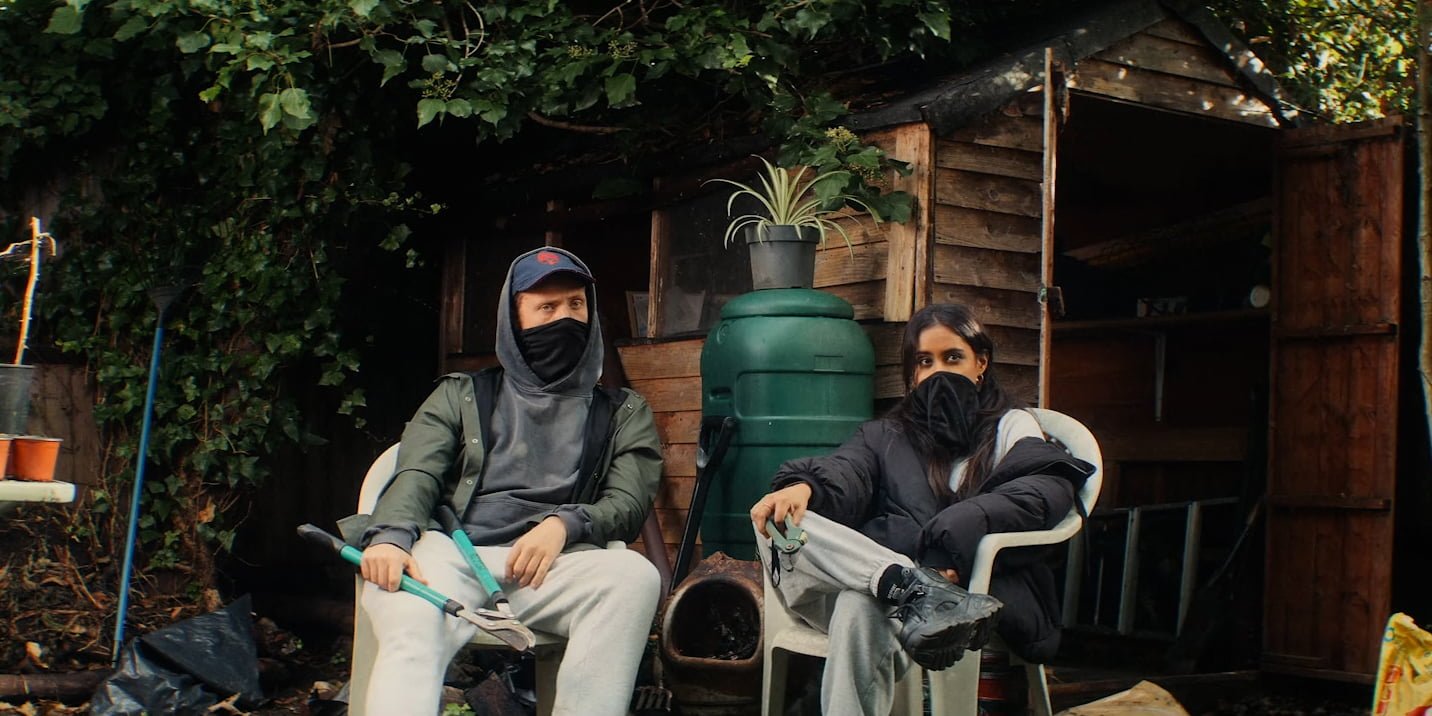Xoli Fuyani established Black Girls Rising to empower young Black girls in Cape Town to become climate champions in their own communities. The mentoring program now extends across South Africa and beyond.
What inspired you to start Black Girls Rising?
I was born and raised in Gugulethu, which was one of the very first migrant townships in Cape Town. Looking back, what was different between me and the children growing up in the same neighborhood is that I was surrounded by a family that loved being in nature. When I got older, I realized that that was not the case for everyone.
In my late teens, I got an opportunity to go to a multiracial school, which was outside my community. I think it was the first time I was really struck by the disparities that existed in Cape Town. For example, on the drive to my school, there were a lot of green spaces, tall trees. Even my schoolyard had an abundance of greenery around it, versus my community where it was mainly informal settlements, dump sites, blocked drains – no trees at all … That really inspired me to find ways to bring nature into spaces where the environments were very vulnerable.
That’s why I ended up studying environmental education. Fast forward to working for a very big organization that was tasked with integrating environmental education into the school curriculum.
How did you go from there to setting up your own organization?
When the Fridays for Future movement started, I was asked to help organize the first climate strike. Because it was the first one, we were a bit skeptical about who was going to come, but more than 2,000 young people came out.
“You don’t grow leaders overnight”

From that, the African Climate Alliance was established as this pan-African youth movement. I helped develop the climate literacy program, because that was my specialty, but I also found myself mentoring and training a lot of young climate activists.
What does the Black Girls Rising mentoring program involve?
Our focus is capacitating and empowering young Black girls from under-resourced communities. Our model is centered around empowerment and personal development programs and then also mentorship opportunities, and advocacy and campaigning training.
We have two programs. One is our flagship program which is based in Cape Town. It’s a five-year program [which is] very intentional because we believe in long-term capacity building. You don’t grow leaders overnight. The girls join when they are 12. In that first year, we don’t even mention leadership or advocacy. It’s all about self-development.
What happens after the girls leave the program?
We now have three graduates. One of the graduates is very passionate about food systems because it’s something very close to her life, growing up in poverty and not having access to food. She clearly sees the linkages between that and climate adaptation in terms of accessing land and finding ways to mitigate what is happening in our environment.
[Black Girls Rising enabled her] to set up a community garden with her mum and also a program where she’s training community members on how to grow their own food. They saw that a lot of people want to start growing their own food, but they don’t have the resources. So, they started a garden library, which I’ve never heard of before. It’s a container where they have all the tools and resources like spades and seedlings. The community can come and borrow those tools to start their own community garden.
What advice would you give to others who want to take climate action?
Often when we think about climate tech and climate change, we think big, but often it’s the small steps. Start at home. Look at your own eco footprint. What are you doing, what are you consuming, how are you living your life? And then see if you can try to influence those around you to take an audit … From there, you build a muscle to go big.

The next year we start to introduce leadership and advocacy through workshops and trainings. In the third year, we create a playground for them where they can practice some of the skills that they’ve learned from us.
In the last year of the program, we partner the girls with organizations that are really leading on a global scale. We find that they can better engage in those spaces because they’ve had practice engaging locally. They trust their voice, and they can ask difficult questions and really challenge the systems because of the journey that they’ve been through.
So that’s our flagship program, but it’s very intensive and very expensive. We needed to find a way of scaling also, so we formed a two-year fellowship program which is for girls that are outside of our city. We currently have girls in the Eastern Cape and KwaZulu Natal in South Africa, Zambia and Kenya.
Interested in more hopeful stories and inspiration on how to live a planet-friendly life? Sign up for our newsletter and get a 20% discount on our latest magazine too.
Imagine5 Volume 4 is here.

Cover star Madame Gandhi on the sounds of the Antarctic, free climber Alex Honnold reveals his biggest challenge yet, actor Rainn Wilson embraces his soulful side and much more more!
Starting at 7,- plus shipping
Get your copy nowCLIMATE TECH







